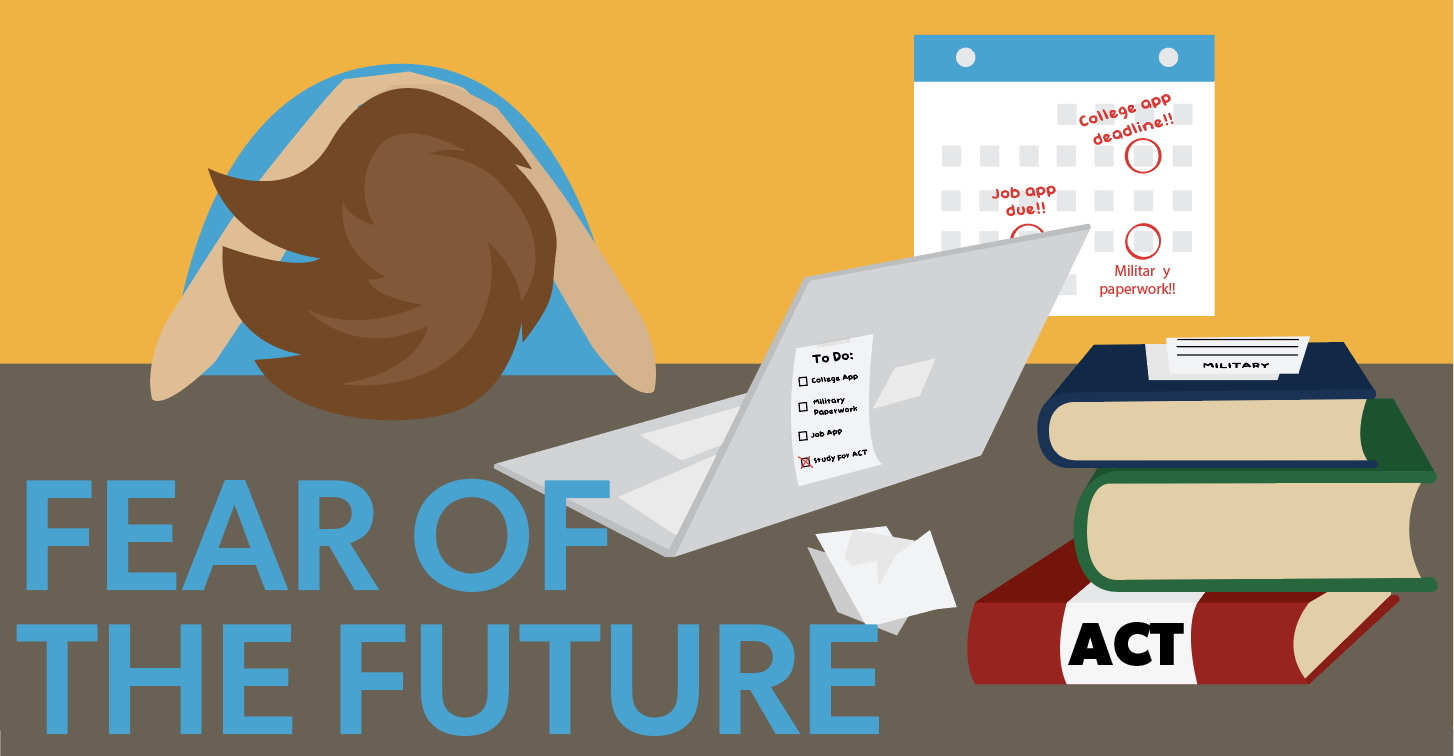My first client didn’t mean to, but she taught me everything I needed to know about being a college counselor. She had made the most out of what she could with a limited rural school curriculum, her great grades, limited scores, and, as I recall, a national and international title as a powerlifter. My job was to sign the application and send out the transcript. She was admitted to her first-choice school in October. After that, our relationship was a series of encounters in the hallways, when she kindly waved and smiled whenever our paths crossed.
That’s really the way it’s supposed to be for every student. I never met her before twelfth grade, and never had a chance to “shape” her extracurricular “portfolio” (I still don’t know what that means). She showed up to ninth grade, studied what she wanted to study, lifted seriously massive objects because it was fun, and found a college that said “That sounds great to us, come on down.” At that time, and at that school, kids drove the postsecondary bus, and thought enough about life after high school to put together a good plan, all without test prep, private counselors, or parents who lost sleep about it all.
I wish I could say that about everywhere I worked, but it’s a little tough to work in American suburbs without becoming a victim of America’s obsession with name colleges. One school was ripe with nouveau riche middle managers of a local car manufacturer. Their version of college counseling was getting their student in the best state school, since it was a name institution, and especially since it was a bargain. Building lists based on student interests and ability was anathema — my job was to “work my magic” with State U’s admissions officers, just like all good college counselors did, I guess.
In time, that part of the job seemed to overtake most of the other work, until my last employer made it clear there wasn’t room in their college counseling program for an approach where the first question I asked students was “So, what’s next?”
I got an October call from a former student, now a mom, who had supported my work in many ways over the years. One of her kids was transferring colleges, and only needed help with essays — so, was I up for a Zoom call? Too many recent essay sessions had students expecting to take dictation from me — but this Mom had been a friend in the trenches, so I succumbed to a 45-minute session.
75 minutes later, I remembered why I went into college counseling. She brought ideas, themes, and questions, and responded to my comments with questions and challenges of her own. She clearly had the answer to “what’s next” in her soul, and wanted to know the best way to express it. That had been my job all along, and getting to do it one last time — the last time — was a gift beyond measure.
Eight weeks later, I got a text saying she had been admitted as a transfer student in a tough applicant pool to the same college those McMansion parents coveted — but she wasn’t applying to some name school for a name diploma. She was on her way to life’s next steps, and providing what little help I did left a glow that stays with me this day.
Thank you, dear God, for this good life, and forgive us if we do not love it enough.


